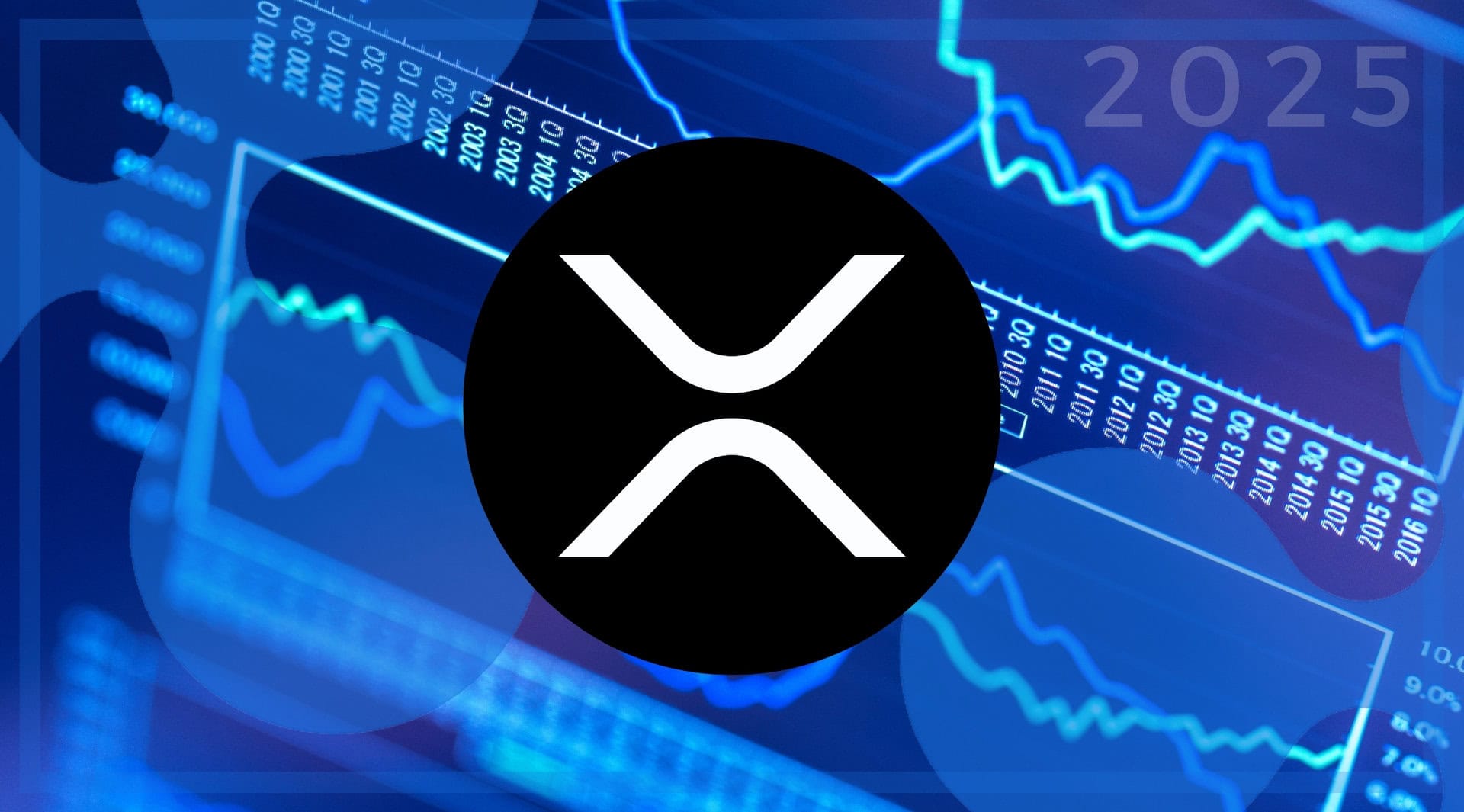With more individual and institutional investors stepping into the crypto market, the need for convenient and safe trading solutions has grown, for individuals and businesses engaging in large-volume crypto trades, over-the-counter crypto (OTC) transactions provide an effective and efficient alternative to traditional exchanges. An OTC crypto platform bridges the gap for those seeking privacy, flexibility, and better pricing in their transactions, making it a vital tool for sophisticated market participants.
What is OTC Crypto Trading and Who Might Need It?
Over-the-counter crypto trading refers to transactions conducted directly between parties, outside of public exchanges. This method is suitable for both individual and institutional participants looking for a tailored approach to cryptocurrency transactions.
Private traders frequently use OTC desks for large crypto trades as they help reduce crypto slippage — a situation where the trade size significantly affects the asset’s price on traditional exchanges. For institutional crypto trading, OTC desks ensure discretion, competitive pricing, and efficient trade execution, qualities essential for organizations managing significant funds.
Moreover, OTC desks are crucial in regions with limited access to cryptocurrency exchanges. They also provide a channel for trading less liquid or even unlisted digital assets, enabling private crypto trades that are unavailable to the general market. By negotiating crypto prices directly, participants achieve deals tailored to their unique requirements, making OTC trading indispensable for a broad spectrum of users.
How Do Crypto OTC Desks Work?
OTC desks typically operate in two primary models:
- Principal desk. In this model, the OTC desk acts as the counterparty to the trade. It buys or sells the cryptocurrency from its own reserves, providing immediate liquidity and fixed pricing. This model ensures fast execution and eliminates third-party involvement in direct crypto transactions.
- Agency desk. Here, the OTC desk serves as a facilitator, finding buyers or sellers on behalf of the client. Instead of using its own assets, the desk earns a fee or commission for successfully arranging the transaction. While this method may take longer, it allows clients to access better pricing in certain situations.
Principal desk vs. agency desk differences primarily lie in execution speed, cost, and pricing strategies. Principal desks are ideal for urgent trades requiring instant execution, while agency desks may be better suited for those prioritizing optimal pricing over speed.
Advantages of Using OTC Desks for Crypto Transactions
- Reduced market impact. Large crypto trades conducted through OTC desks avoid disrupting market prices, a common risk on public exchanges. This ensures trades are completed efficiently without influencing the value of the underlying asset.
- Enhanced privacy. Over-the-counter cryptocurrency transactions are inherently private, keeping details of the trade and participants confidential — a significant advantage for high-net-worth individuals and businesses.
- Access to unlisted assets. OTC desks provide opportunities to trade cryptocurrencies not listed on conventional exchanges, expanding the scope of tradable assets.
- Flexible pricing. By negotiating crypto prices, participants often secure more favorable terms than those available on open markets.
- Customized services. Institutional crypto trading often requires tailored solutions, including dedicated account managers and around-the-clock support, both of which are standard features of OTC desks.
- Mitigation of slippage risks. OTC desks are specifically designed to manage the challenges of crypto slippage, ensuring that large transactions are executed without adversely affecting market prices.
For individuals and institutions seeking efficient methods for direct crypto transactions, OTC trading offers unmatched flexibility, privacy, and access to a broader range of assets. By leveraging an OTC crypto platform, market participants can execute large crypto trades with reduced market impact, tailored pricing, and specialized support.
Author: Andy Samu
See Also:
How Good is IPC Systems’ OneView Portfolio? | Disruption Banking















